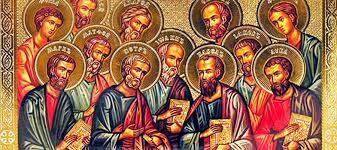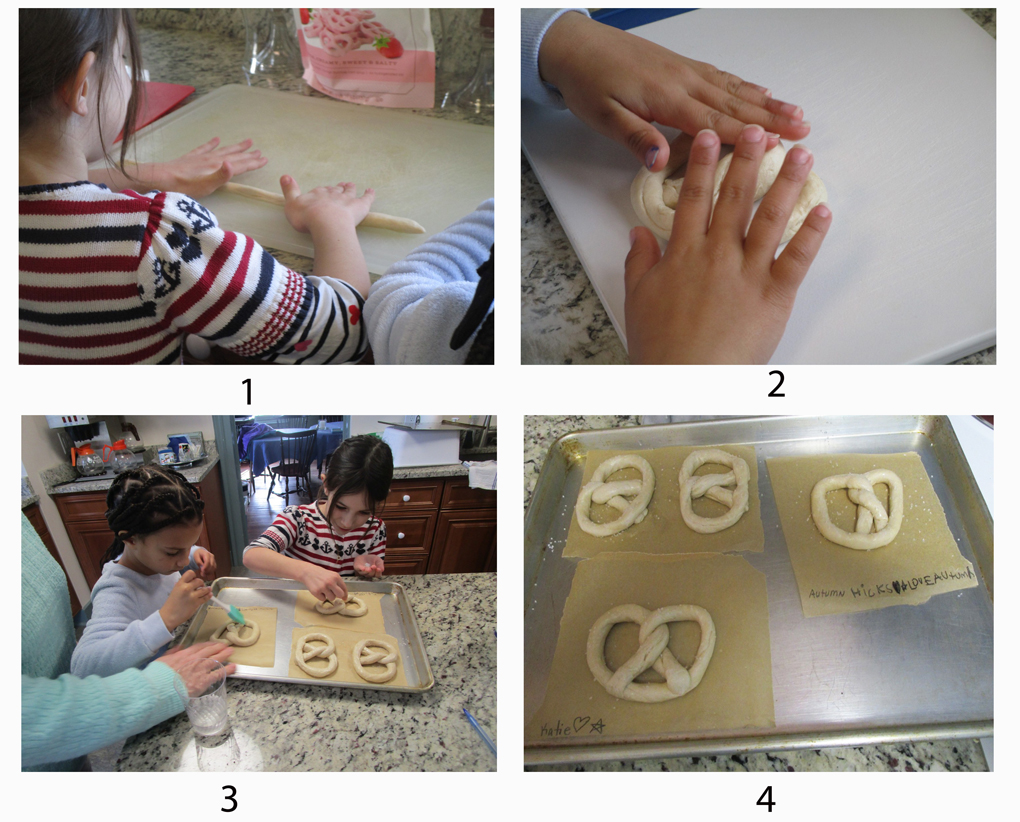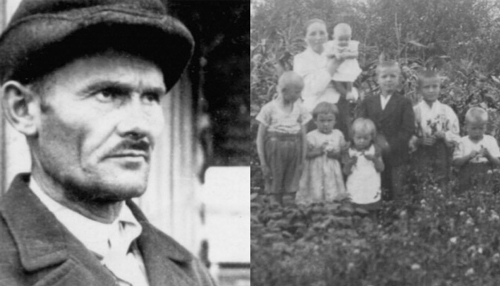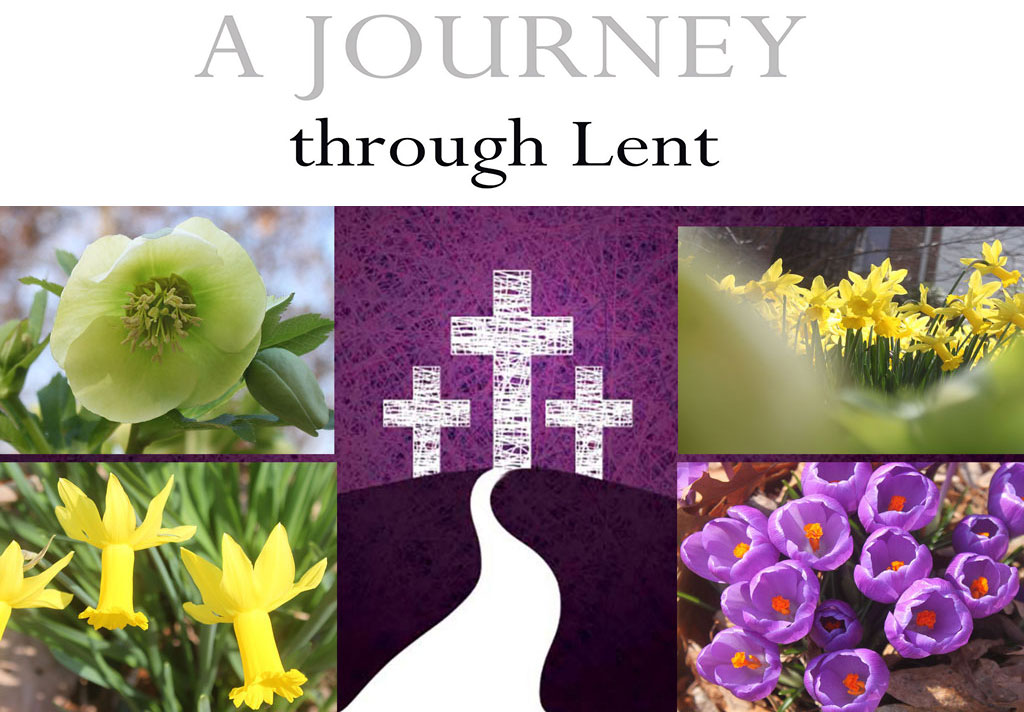I. Theme – Justification by Grace
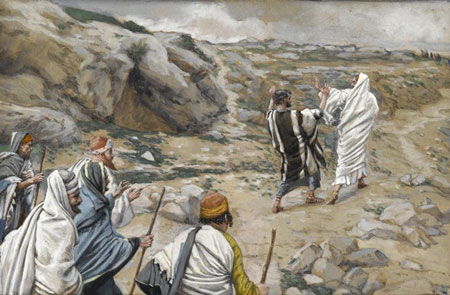
"Get Behind Me Satan"- James Tissot – between 1886 and 1894
The lectionary readings are here or individually:
Old Testament – Genesis 17:1-7, 15-16
Psalm – Psalm 22:22-30 Page 611, BCP
Epistle –Romans 4:13-25
Gospel – Mark 8:31-38
As Suzanne Guthrie writes this week
All the scripture readings for Sunday reference faith in some way. God initiates a reciprocal pact of faith with Abraham. The Psalmist remembers God’s former faithfulness in order to find faith in present distress despite the jeering of companions. Paul considers how Abraham’s irrational faith blessed him. Jesus asks his followers to follow him in faith to the Cross.
Commentary by Rev. Mindi Welton-Mitchell:
Continuing our journey of Lent, we are reminded of the covenants of God and God’s faithfulness.
Last week we remembered the covenant with Noah; this week, we remember God’s covenant with Abraham and Sarah. Abram and Sarai were old, too old to have children as they had always wanted, yet God promised them there would be a great nation descended from them. Abraham and Sarah did live to see their son Isaac; they did not live to see their grandchildren or great-grandchildren, did not live to see the wondrous family of Israel. But in their lifetime, they saw the beginning of God’s great covenant being fulfilled, and we have yet to see the end. God’s faithfulness endures forever.
Psalm 22 begins with lament, abandonment and loss, but by the time we get to verse 23 where we begin, there is hope, there is remembrance of God’s covenant, especially for the poor and the lost–there is good news. God does not abandon or forget, but it may be that God’s covenant comes to fulfillment in “a people yet unborn” (vs. 31). Wait for the Lord.
Mark 8:31-38 tells of where Peter misunderstands who Jesus is and what the Messiah is about. Just before this, Peter had declared Jesus to be the Christ, the son of the living God. The Living God is the God of Abraham, Isaac and Jacob, as Jesus reminds the Sadducees in chapter 12 when they attempt to trap Jesus in a question about the resurrection. God is the God of the Covenant, which has begun but has not been fulfilled. Peter saw Jesus as his Messiah, and Peter’s view of the Messiah was not one who went to the cross, rejected, and died. Peter did not understand how God’s covenant would be fulfilled in this way, because Peter had his own version of who the Messiah was. Perhaps Peter though Jesus would be an earthly king, with an earthly kingdom. Being rejected and killed was not part of an earthly messiah plan. Peter rebukes Jesus, because Jesus does not fulfill the image of messiah that Peter believed in. How often do we set our minds on human things? How often do we want to see God’s covenant, God’s promises, fulfilled now and to our benefit? Or do we understand from the Scriptures, the story of our faith, that God’s covenant has been revealed, that promises have been made, but that what we see is a glimpse, and there is so much more to come. Even our understanding of Jesus is not full. But the disciples, who were with Jesus for so long, who were raised with the Hebrew scriptures, still did not understand. So we still only understand in part.
Romans 4:13-25 is Paul’s reflection on the covenant of God with Abraham, and that it all depends on faith. Faith supersedes understanding. To paraphrase Anselm, “I do not understand in order to believe; I believe so that I may understand.” Paul looks at Abraham, who in Paul’s opinion did not waver in his faith but trusted in God’s promises. So we, too, are to trust in God, and trust in Jesus the Christ and understand that what we see is not fulfilled yet.
As we journey through Lent to the cross, we know also that the Resurrection lies beyond the cross. We have yet to experience it though we believe it, and we know we have this promise in Christ. But we need to remember that at times we will be like Peter and get it wrong. We will get impatient, we will struggle, we will doubt. We are human, just like the disciples, and we will make false assumptions and jump to conclusions. But we need to be patient, we need to wait, and we need to know that we do not see the full picture yet. As Paul says in 1 Corinthians 13, now we see in a mirror dimly, but then we will see face to face. Hold on. Wait for the Lord. We will see a glimpse in our lifetime, but know that we hope for so much more to come.
Read more


